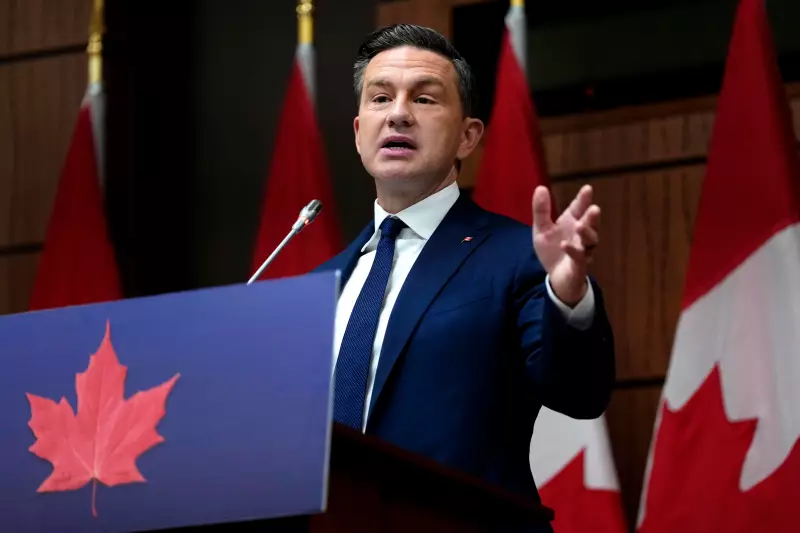
Conservative Leader Pierre Poilievre has launched a scathing critique of the Supreme Court of Canada's recent decision to strike down mandatory minimum sentences for child pornography offences, vowing to use the Constitution's most powerful legislative tool to overturn the ruling if he becomes prime minister.
Constitutional Nuclear Option
In a bold political maneuver, Poilievre declared he would invoke the notwithstanding clause to reinstate mandatory minimum penalties for child pornography crimes. This constitutional provision allows Parliament to override certain Charter rights for five-year periods, creating what could become one of the most significant criminal justice battles in recent Canadian history.
The Supreme Court's unanimous ruling found that mandatory minimum sentences for child pornography offences constitute cruel and unusual punishment, violating the Charter of Rights and Freedoms. The court determined that these one-size-fits-all penalties could potentially capture conduct that doesn't merit such severe punishment.
Political Firestorm Ignites
Poilievre didn't mince words in his condemnation of the decision, framing it as a failure to protect society's most vulnerable. "This is a catastrophic ruling that puts the rights of criminals ahead of the safety of our children," he stated during a press conference.
The Conservative leader's position sets the stage for a dramatic showdown between parliamentary power and judicial authority. Legal experts are already weighing in on the potential consequences of using the notwithstanding clause in this context, with some warning it could establish a dangerous precedent for overriding Charter protections.
What's at Stake
- Mandatory minimum sentences for child pornography offences
- The balance between parliamentary sovereignty and judicial review
- Charter protections against cruel and unusual punishment
- The political implications of using the notwithstanding clause
This controversy emerges as Canada grapples with evolving approaches to criminal justice reform, with the Supreme Court increasingly scrutinizing mandatory minimum sentences across various offences. The ruling affects multiple child pornography-related crimes, including making, distributing, and accessing such material.
As the debate intensifies, Canadians can expect this issue to become a central theme in the next federal election campaign, with Poilievre positioning himself as the defender of tough-on-crime policies and child protection.





